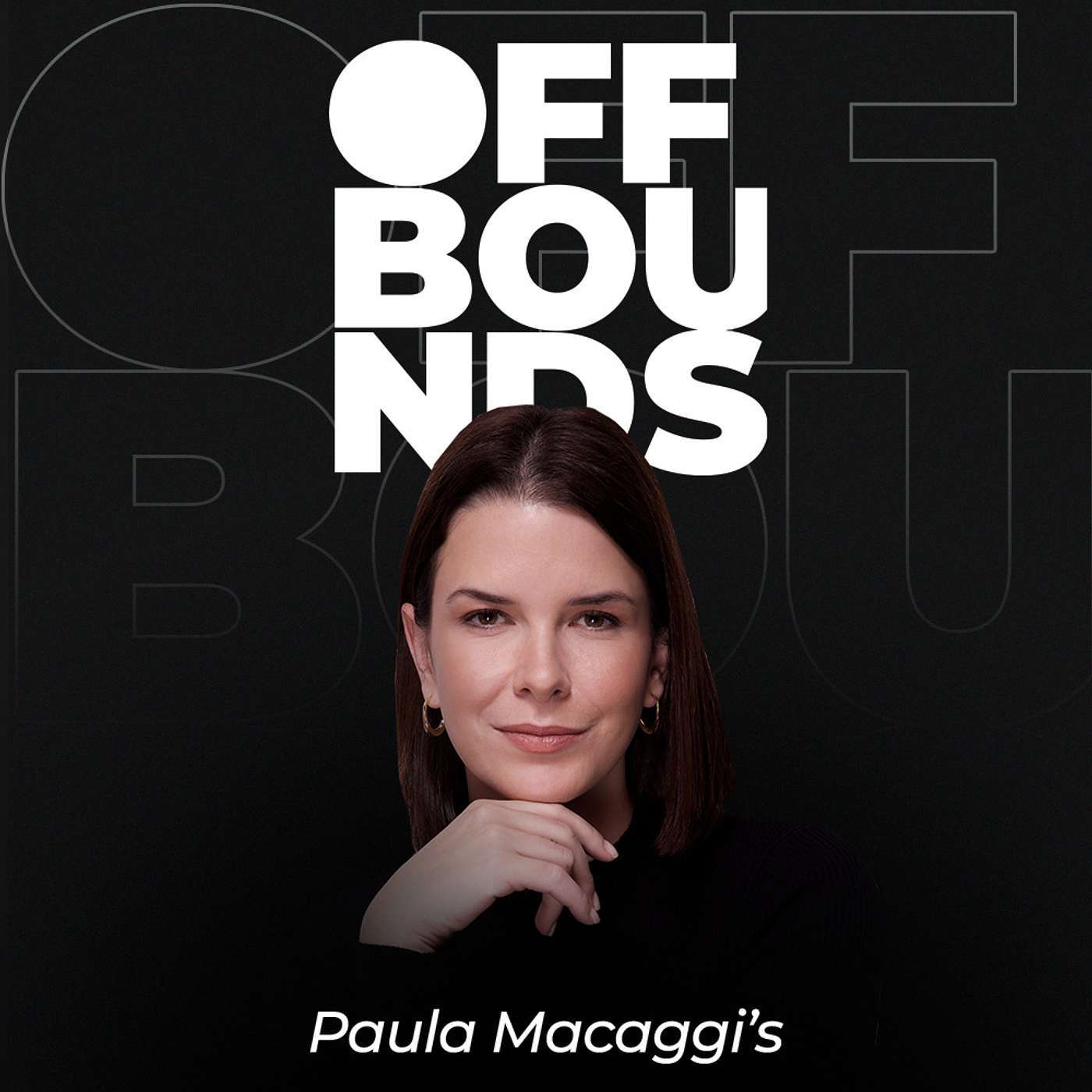
Pricing Heroes: The Retail Pricing Podcast for Practitioners & Executives
Pricing Heroes: The Best Retail Pricing Podcast for Practitioners and Executives
Your go-to pricing podcast for transforming strategy, boosting margins, and leading with confidence.
Pricing Heroes is the leading retail pricing podcast for pricing practitioners and retail executives focused on building smarter strategies, protecting margins, and earning customer trust. Each month, we feature exclusive interviews, case studies, and practical insights to help you implement the most effective pricing strategies for today’s retail environment.
Whether you're managing promotional calendars, navigating price perception, or scaling AI-powered pricing systems, Pricing Heroes offers the expert guidance and real-world perspective you need to lead with confidence.
🎙 Each episode includes:
- Expert Interviews: Candid conversations with top pricing professionals and retail innovators
- Case Study Analysis: Behind-the-scenes strategy breakdowns from across the industry
- Actionable Takeaways: Practical insights you can apply immediately in your organization
We explore the full landscape of pricing in retail — spanning e-commerce and in-store, global brands and regional players, and categories from fashion and grocery to electronics and beyond. Topics include:
- Innovative pricing technologies and emerging trends, like AI-powered pricing platforms
- Data-driven consumer behavior analysis
- Strategic solutions to complex pricing challenges
- Tactics to boost profit margins and market share
- Pricing topics making headline news
- Building and transforming pricing functions
Join a growing community of pricing professionals and industry leaders who tune into Pricing Heroes — the trusted pricing podcast for anyone shaping the future of retail strategy.
🗓 New episodes drop the last week of every month.
📲 Listen on Spotify, Apple Podcasts, Google Podcasts, or your favorite platform.
Sponsored by Competera — the leading pricing platform empowering retailers with AI-driven, customer-centric pricing solutions that maximize profitability while strengthening customer loyalty.
Pricing Heroes: The Retail Pricing Podcast for Practitioners & Executives
Pricing Consultancy and Commercial Strategy Insights with Zen Ore
Today's guest is Zen Ore, Executive Manager of Commercial Pricing Strategy at one of the world's biggest grocery retailers.
Tap 'Play' to discover how the approach of retail (and not only) pricing evolved over the last decade and what is 'the new generation of pricing consultancy'.
----------
Get your free copy of Get Ready for the Future Of Pricing with our A-Z Guide.
For more information about AI pricing solutions, check out our Corporate sponsor Competera.ai.
Olena: Hello and welcome to Pricing Heroes, a podcast by Competera. This is a series of interviews with the best-in-class retail pricing experts driving their company’s bottom-line metrics, and therefore the retail industry as a whole. Today’s guest is Zen Ore, Executive Manager of Commercial Pricing Strategy at one of the world’s biggest grocery retailers.
Hi Zen, thank you for joining me today.
Zen: Hi, good morning, good evening, Elena. And thank you for a very kind introduction. I felt very important for a second.
Olena: For our listeners, the reason Zen mentioned “good morning, good evening” is because you’re speaking from Australia while I’m speaking from Europe. It feels like a really long day today, as I mentioned before we started recording.
So Zen, could you please tell our listeners more about yourself — your background, current role, and professional path?
Zen: Yes, definitely. I’m originally from Israel and moved to Australia from Tel Aviv almost nine years ago. Back in Israel, I worked in hospitality — big chains — doing commercial analytics, business modeling, and consulting for commercial growth.
When I moved to Australia, we landed in Perth, Western Australia, where I started working in the petrol industry. I grew from being an operations and commercial manager into Head of Pricing and Commercial Strategy. That’s where I realized pricing is actually a profession.
After four years there, when we moved to Sydney about five years ago, I started my own business and called it Pricing is a Thing. I wanted to spread the message that pricing is indeed a thing worth focusing on.
Pricing is a Thing is essentially pricing-as-a-service — your on-demand, pay-as-you-go, scalable pricing team. We do strategy, analysis, framework development, mentoring — basically giving you a head of pricing without you having to keep one permanently on payroll.
I’ve been running this since 2019. I’ve also been a mentor with BFF (Boosting Female Founders), which is funded by the Australian government to support female entrepreneurs. My role is mentoring them on commercial pricing strategy.
In addition, I’ve been teaching the Pricing Strategy Masterclass for General Assembly for the past two years. On a personal note, I’m an avid practitioner of martial arts, tai chi, and meditation — which I think relates to pricing, but that’s a whole other conversation.
Olena: Wow. That last part was impressive — I’d really like to get back to it later.
Zen: I’d love that.
Olena: You have profound experience across industries — petrol, hospitality, groceries, and now running your own business. First question: how can pricing experience in one industry be beneficial in another?
Zen: If you work in corporate or finance, the initial response might be “not very.” But if you work in consulting and have been lucky enough, like me, to work across industries, then yes — there’s a lot of transferable knowledge and skills.
It’s not just the analytics and commercial speed, but also understanding that not all customers are the same. Segmentation is key. There’s always a commercial dynamic and trade-off.
In any industry, when you’re doing pricing or commercial strategy, you must ask: what are you trying to optimize? Units, sales quantity, volume, velocity, revenue, profit, margin? If you don’t know which needle you’re trying to move, what are you really doing with your pricing and strategy?
Here’s an example. Back in Perth, we were about to open a new petrol station in Margaret River. We debated whether to invest tens of thousands of dollars to add another tank to sell premium diesel. We did market research and found a strong correlation between people owning dogs and people driving cars that use premium diesel.
So we created a strategy: add premium diesel, introduce a dog wash at the station, let people use it free for the first month, and lower the premium diesel price to build the habit.
Long story short, after a while we managed to raise our price to six cents per liter above competitors without losing volume on premium diesel. Price sensitivity was shifted because we understood customer buying drivers beyond just price.
Olena: Wow. I’m fascinated by that story — the petrol station and the dog wash. It’s not obvious, but with a bit of market research, you showed how insights from one industry can be applied elsewhere. You don’t need dog washes in every grocery store or apparel shop, but the mindset is what transfers.
Zen: Exactly — you need to understand your immediate market and what they care about.
Olena: What are common mistakes you see businesses making with their approach to pricing?
Zen: This is a painful one. I work with a mix of clients — some medium to large corporates, some really small businesses.
Smaller businesses, including tech startups, often suffer from low confidence in pricing, usually because they don’t understand pricing methodology. They’re experts in their field — say a chef, barista, or programmer — but that doesn’t mean they know how to run a business. Pricing isn’t something you just “pick up.”
Many also don’t grasp what I call the “holy triangle” of value perception, willingness to pay, and price sensitivity. If you don’t understand those three deeply, it’s very hard to structure a business that monetizes well.
Negotiation is another missing skill. Owners often struggle to defend their price. There’s a joke in pricing courses: when a customer asks, “What’s your maximum discount?” the answer is “100% — you don’t pay me and I don’t do anything.” You need backbone to say that.
Another mistake: leaving pricing to the last minute. Businesses copy competitors, often lowering their price because they think demand will rise. That’s flawed, especially for small businesses without economies of scale. Plus, competitors usually price to monetize what they do best — copying them means you’re pricing around their strengths, not yours.
And finally, trying to save on pricing expertise. By not hiring a consultant or tool, they lose far more in margin leakage.
Olena: What would you recommend to avoid these mistakes? What are the key factors behind effective pricing strategy and management?
Zen: Think of it this way: if you’re sick, you go to a professional. The same applies to pricing. If you can’t hire a consultant or full-time manager, at least find someone internally with talent in pricing — maybe in marketing, commercial, or analytics. Buy them a book, send them to a course, get them a mentor. Invest in your pricing power.
Also, calculate the cost of doing nothing. What are you losing if you don’t optimize pricing?
As for effective pricing strategy: start with analysis. Don’t base pricing only on opinion.
Then ask the three fundamental pricing questions:
What am I charging for? (Time, units, subscriptions, etc.)
How am I charging for it? (Subscription, pay-per-use, tiered, surcharge, etc.)
Only then — how much? (The actual price point.)
Too many skip the first two and jump straight to “how much.” But research shows how customers pay often matters more than how much.
And of course — know your customers, their price sensitivity, and their value perception.
Olena: You mentioned subscriptions. What can startups learn from big B2B and B2C companies?
Zen: Large corporates invest heavily in research because a small improvement in accuracy means millions of dollars. Startups don’t need that level of precision early on. Even if your pricing is off by 10–15%, you can adapt quickly.
What startups should learn is to analyze, segment, and start measuring pricing impact early. Build a model, track KPIs, and gather data. After a year, you’ll have what you need to optimize properly.
Olena: And vice versa — how can big companies sometimes solve complex pricing questions in simpler, cheaper ways?
Zen: Ask your data analysts. They’ll light up when you give them pricing questions. Choice modeling, for instance, can be done with small samples if you focus on commercial impact rather than perfect statistical significance.
Don’t just wing it by copying models and handing out discounts. Consult your internal experts — most of the answers are already there.
Olena: From your experience, what do businesses think they need from consultants, and what do they actually need?
Zen: Usually they don’t need much — just mentoring, tweaking, guidance, avoiding costly mistakes, and best practice advice. Like hiring a chef to set up a burger shop for you, then you run it yourself.
But I think a new generation of consultants is emerging: those who help corporates choose the right pricing tools. Big companies know they need a solution but lack the expertise to evaluate them. Matching business needs to the right tool will be an important consulting role.
Olena: That’s a really interesting perspective.
Zen: Look, no one expects a successful startup or corporate to also be amazing at pricing. When they buy cars or IT systems, they consult experts. Pricing should be treated the same way.
Olena: What advice would you give your younger self starting out in pricing?
Zen: I wasted a few years thinking pricing was too geeky — too much statistics and psychology. It felt like a made-up profession. But in reality, pricing touches everything: costs, marketing, operations, finance, product. It’s cross-functional and dynamic.
For someone like me with a short attention span, pricing is the ultimate career because it’s never boring.
Olena: Earlier you mentioned meditation. How does that connect to pricing?
Zen: With martial arts, beginners show off with fancy moves. But masters use minimal, elegant movements built on fundamentals. It’s the same with pricing — maturity is about mastering the basics, not overcomplicating models.
Meditation teaches letting go. In pricing, there’s always the temptation to run another analysis or complex calculation. But sometimes you need to pause and ask: am I solving the right problem? Am I actually moving the needle? Often, less is more.
Olena: And sometimes we just have to let go.
Zen: Most of the time, yes.
Olena: Zen, thank you for this conversation. It was really insightful, and I’m sure our listeners will find it valuable.
Zen: Thank you. It’s been a pleasure — even though you let me talk too much!
Olena: I hope you enjoyed our interview. Follow our guest on LinkedIn for more information. For learning pricing solutions, visit Competera.net. Hit the follow or subscribe button and rate Pricing Heroes with five stars — it helps more people discover these interviews. All links are in the description. Ciao, and until next time.
Podcasts we love
Check out these other fine podcasts recommended by us, not an algorithm.

Pricing Evolution Podcast
Brendan Hodge
Impact Pricing
Mark Stiving, Ph.D.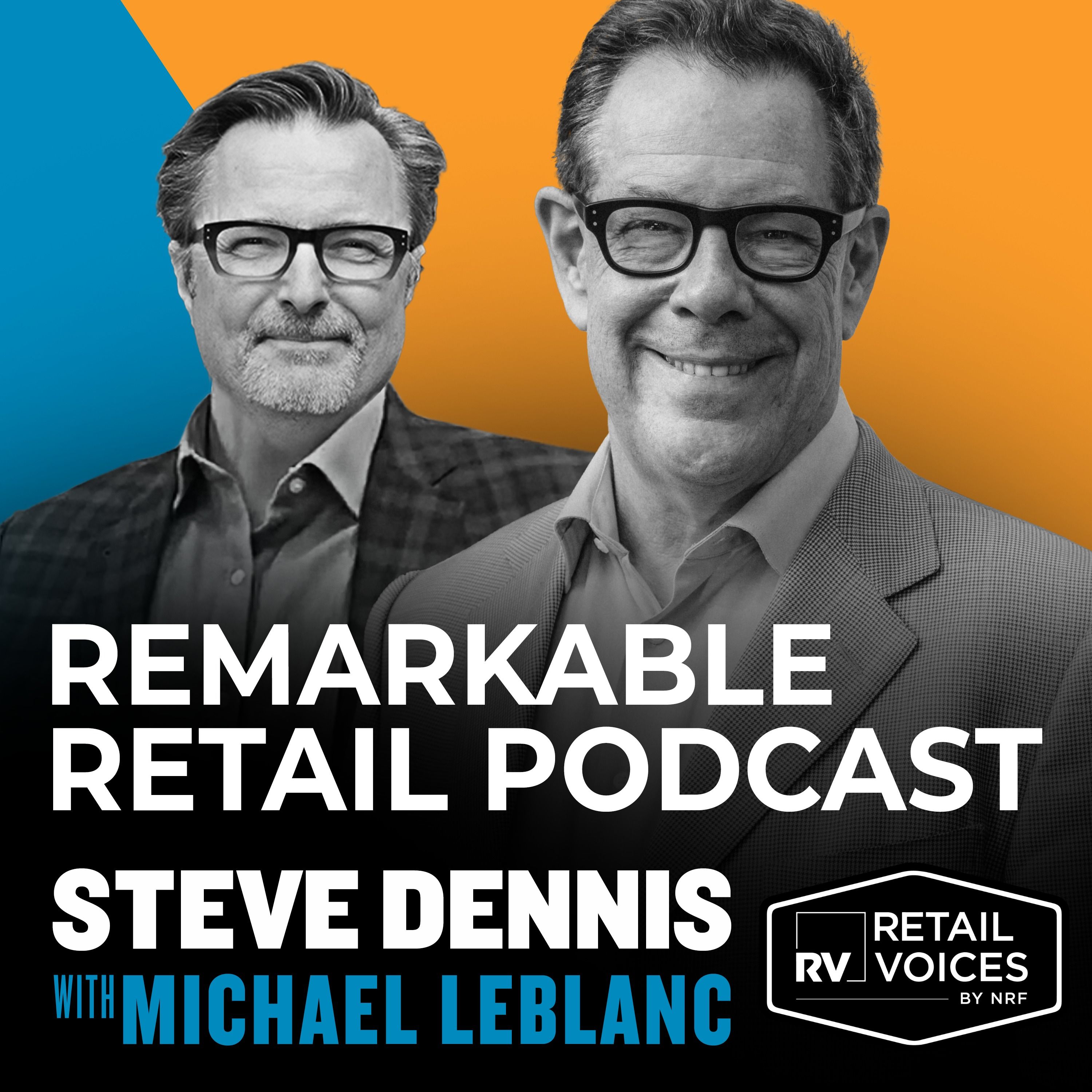
Remarkable Retail Podcast
Michael LeBlanc, Steve Dennis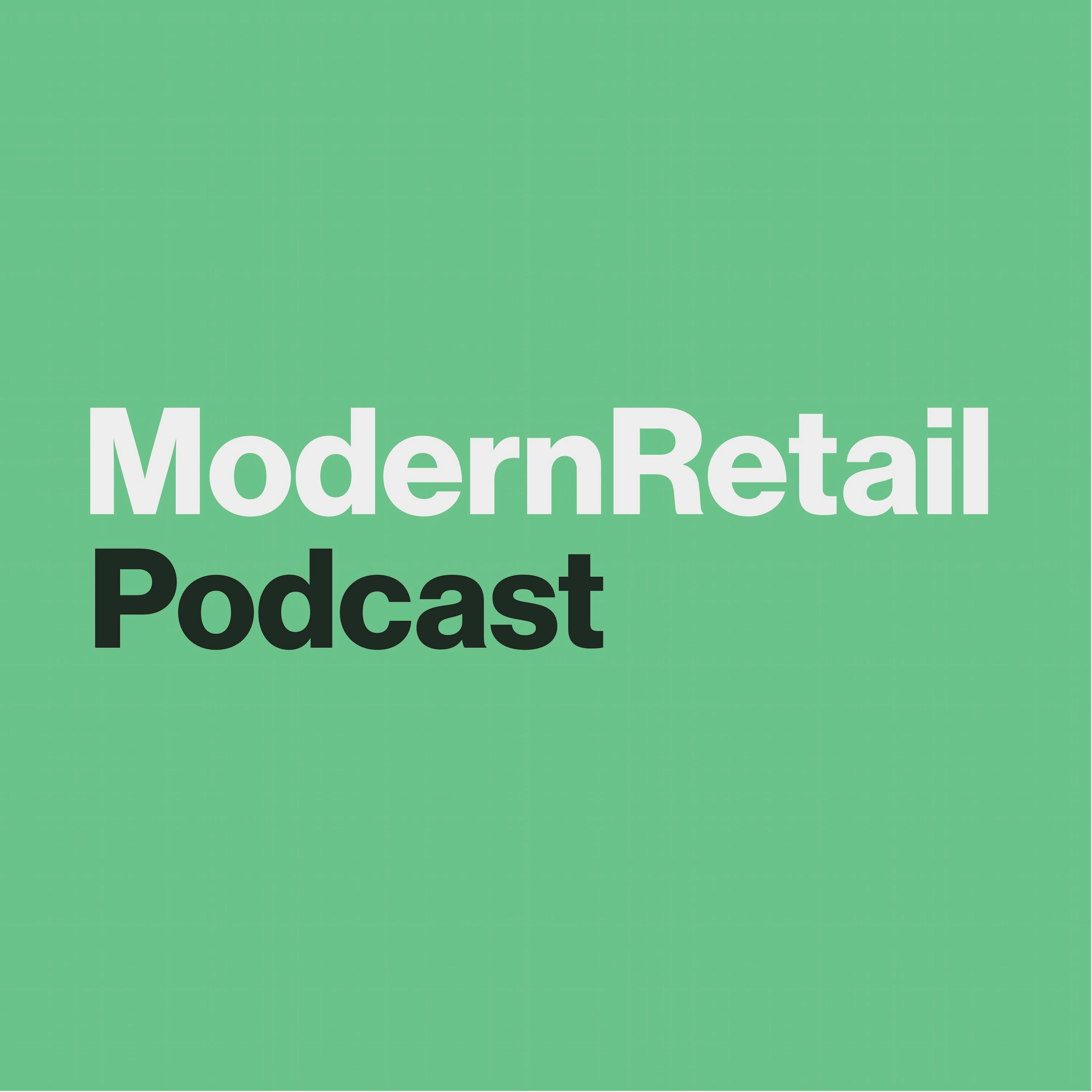
The Modern Retail Podcast
Digiday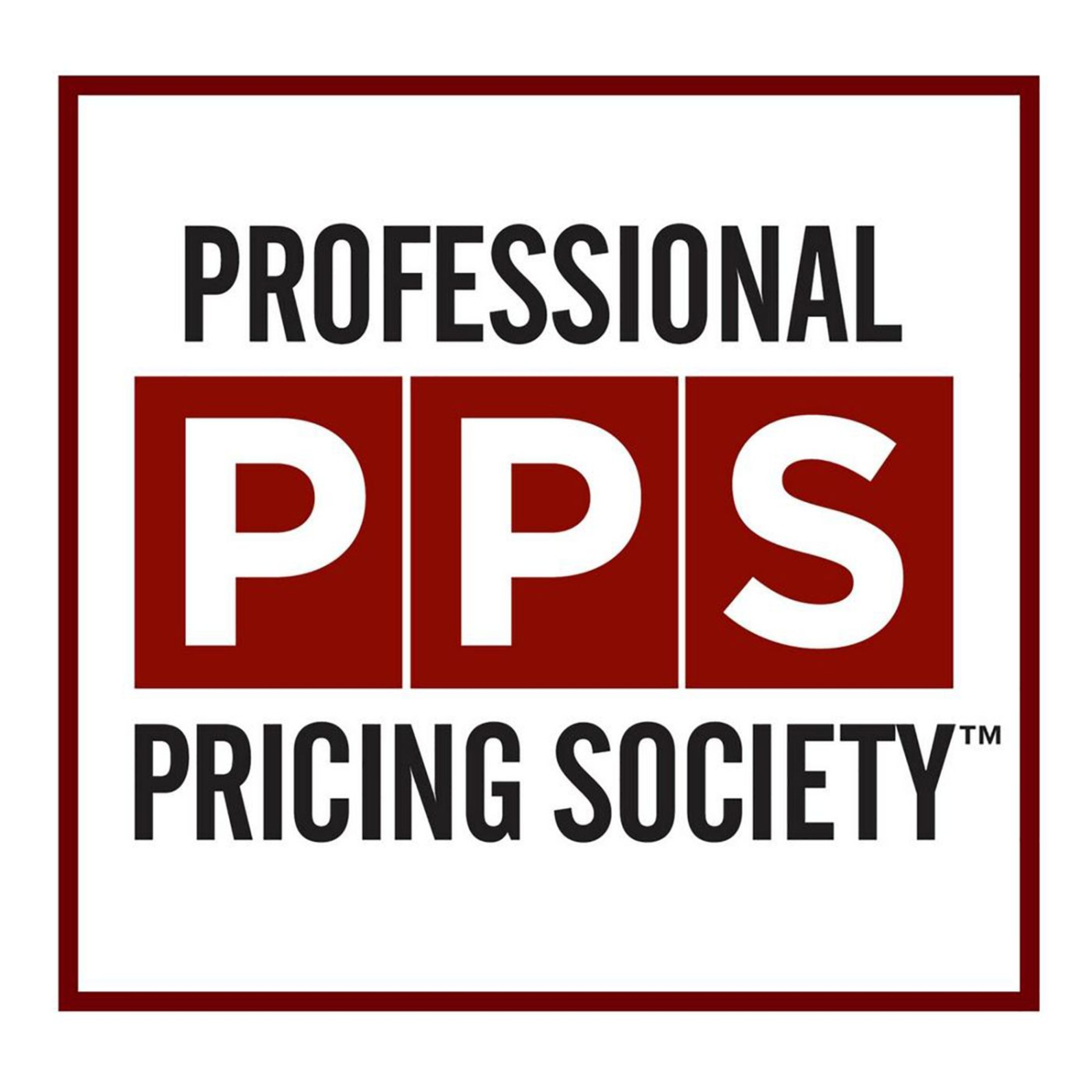
Let's Talk Pricing Podcast
The Professional Pricing Society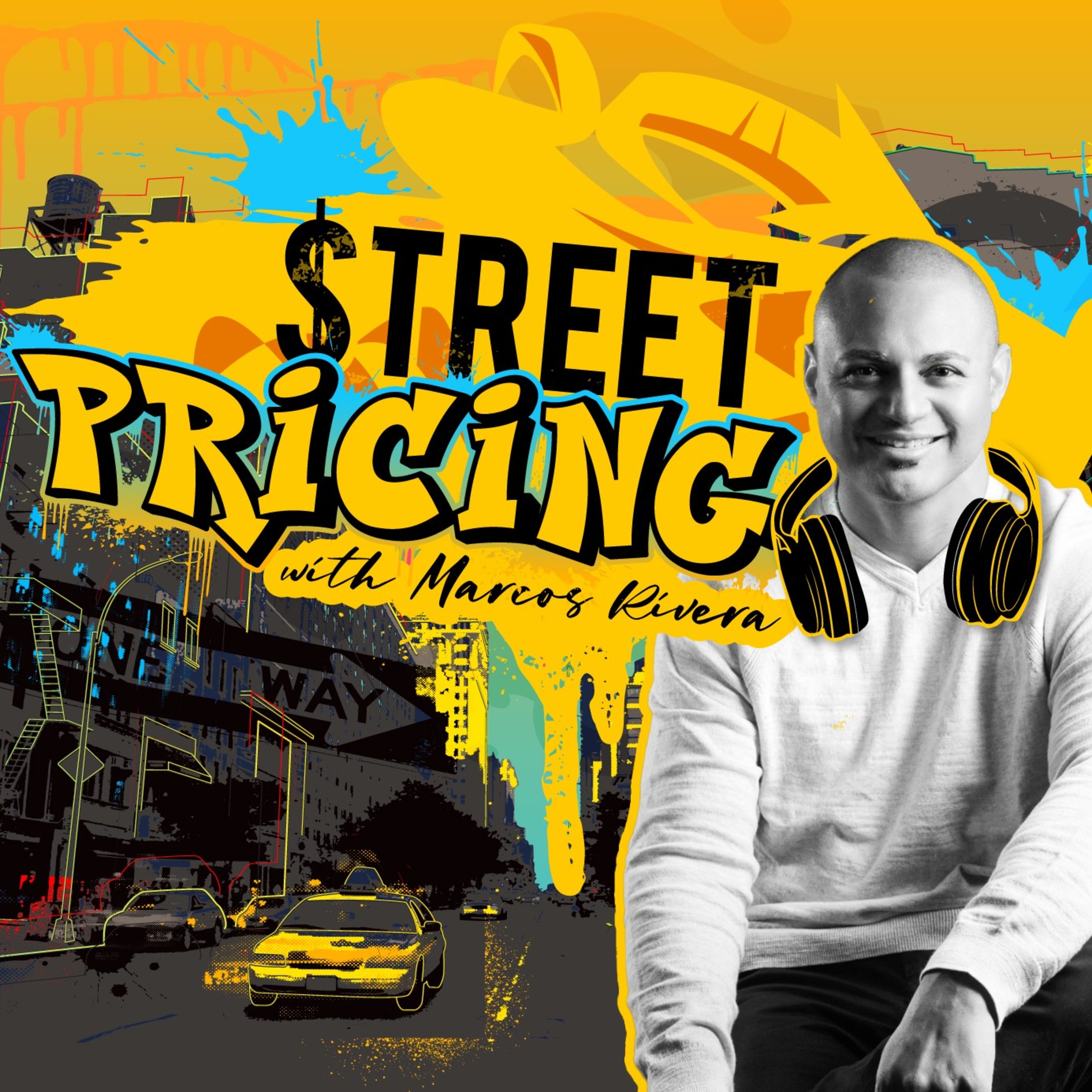
Street Pricing with Marcos Rivera
Marcos Rivera
Rooted in Retail
Crystal Vilkaitis
The FMCG Guys
Dwyer Partners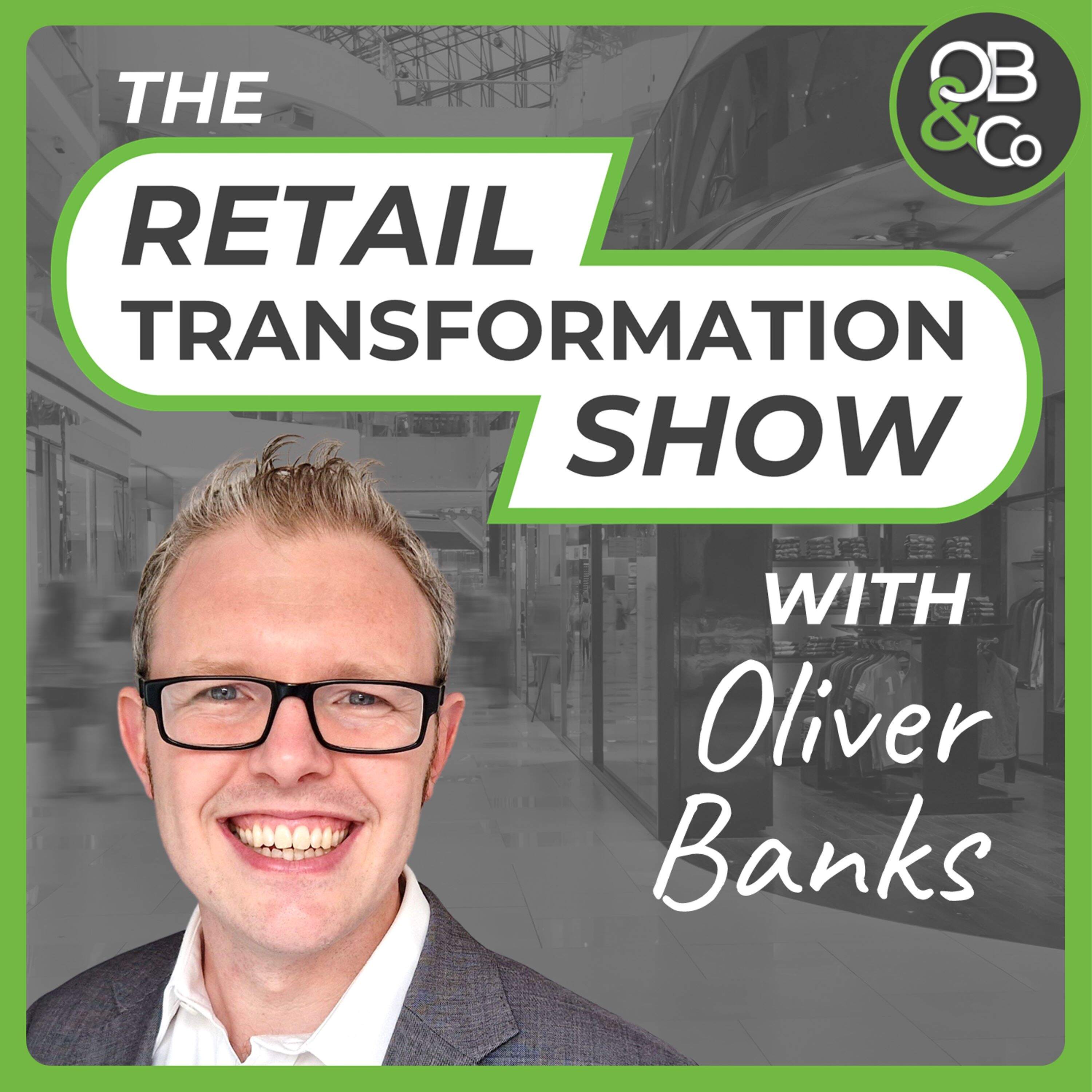
Retail Transformation Show with Oliver Banks
Oliver Banks